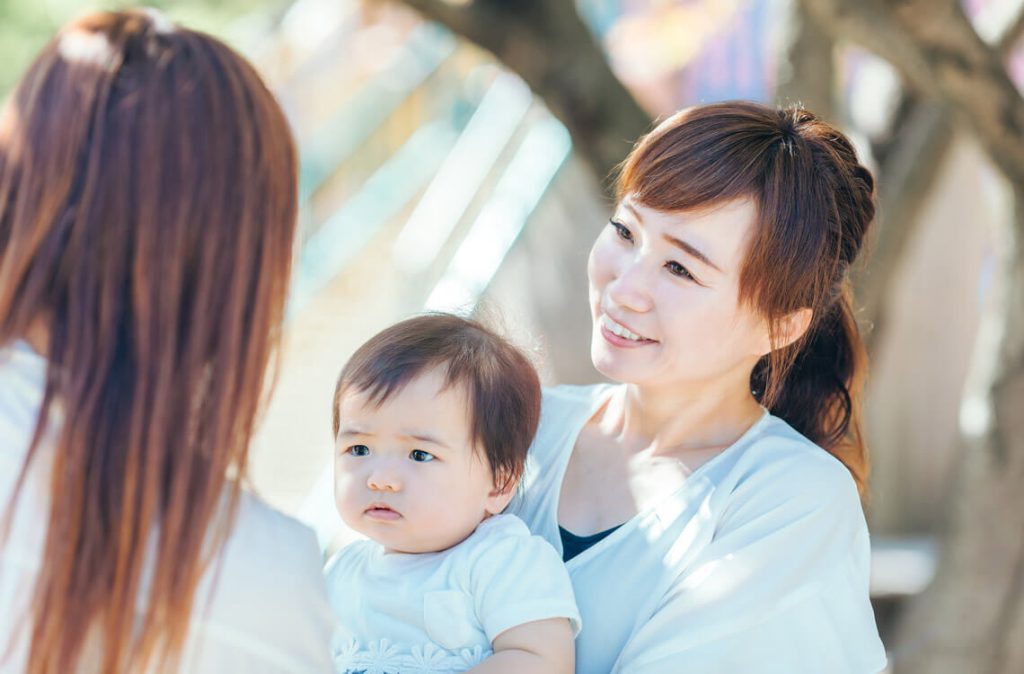Every parent has heard it. A friend leans over the stroller, peeks inside, and smiles: “Wow, what a good baby!”
It’s meant to be harmless, maybe even kind. But beneath that sweet little phrase lies a weight most parents don’t talk about. What exactly makes a baby “good”?
Is it the way they sleep through the night? Stay quiet in public? Don’t fuss when passed from arm to arm?
The compliment, while well-intentioned, creates an invisible scorecard that parents can feel judged against every single day.
Defining “Good” In Baby Terms
When people call a baby “good,” what they may often mean is “easy.”
A good baby is the one who doesn’t cry too much, who naps on schedule, and who doesn’t disrupt dinner plans or aeroplane rides.
By contrast, a baby who needs to be rocked, soothed, or fed more frequently gets the unspoken label of “difficult”.
But here’s the catch: crying, waking, and demanding comfort are completely normal baby behaviours.
They aren’t signs of a problem; they are signs of being human.
Yet when parents hear the “good baby” compliment, they may secretly start to measure their child against an impossible standard.
How Parents Internalise the Label
It doesn’t stop with the baby. Compliments about a “good baby” quickly shift into judgements about the parent.
If your child is quiet and calm, you must be doing something right.
If your child cries or struggles to sleep, maybe you’re not trying hard enough. The pressure builds quietly but persistently.
Parents, especially new ones, can find themselves spiralling into anxiety, worrying that their baby’s natural temperament is a reflection of their competence.
The idea that a baby can be inherently “good” or “bad” flattens the complexity of both infant development and parenting.
When A Compliment Isn’t Just A Compliment
We live in a culture that thrives on comparison.
Baby milestones have already turned into competition: who rolled over first, who said their first word, and who is sleeping through the night.
Add in “good baby” compliments, and suddenly you are not just comparing skills; you’re comparing personalities.
Parents start to wonder: why isn’t my baby as calm as theirs? Why won’t my baby nap in the stroller?
The compliment you received last week about your child sleeping soundly at a café may suddenly feel like a benchmark you have to live up to forever.
And if your child has a rough day, you feel like you’ve failed the standard others set for you.
“Good baby” comments carry a loaded meaning that parents can’t ignore. It’s an accidental judgement disguised as praise.
And over time, those judgements can feed into a larger culture of parental guilt, something already well-documented in modern parenting discourse.
Parental guilt can make even the smallest judgements accumulate into heavy emotional labour for already burnt-out mums.
What We Could Say Instead
Instead of complimenting babies on how “good” they are, we could shift the focus to qualities that celebrate growth, connection, or individuality.
Imagine how much kinder it would feel to hear:
- “Your baby looks so healthy.”
- “They seem really engaged with you.”
- “I love how alert they are.”
- “What a strong little one.”
These compliments don’t set up a hierarchy of good versus bad.
They highlight traits without ranking them, and they make space for every baby’s temperament to be seen as valuable.
Releasing Parents from the “Good” Trap
Parents deserve freedom from the constant fear that their baby’s behaviour is a report card on their parenting.
Babies are unpredictable, and that’s normal.
Sometimes they nap peacefully through brunch, and sometimes they scream for two hours straight.
Both babies are doing exactly what babies are supposed to do.
The pressure comes not from the child but from the language we use to describe them.
By letting go of the “good baby” compliment, we give parents a chance to stop tying their worth to how easily their child conforms to social expectations.
Changing the Conversation
Language matters. The small words we toss out casually can ripple deeply into someone else’s sense of self.
For new parents, already swimming in exhaustion and self-doubt, the phrase “good baby” might not feel like encouragement.
It might feel like a measuring stick. If we want to support parents in healthier ways, we need to be intentional with our compliments.
Let’s celebrate resilience, connection, and the messy beauty of babyhood instead of perpetuating the myth of the “good” baby.
There are no “good” or “bad” babies. There are only babies – each with their own rhythms, needs, and personalities.
Compliments are powerful, but they should lift parents up, not quietly corner them with expectations.
So, the next time you see a baby, let’s skip the “good” label and try something else.
Us parents may not say it out loud, but we’ll breathe a sigh of relief knowing we don’t have to live up to an invisible standard.
Disclaimer: The information provided in this article is for informational purposes only and should not be considered as medical advice from Motherhood. For any health-related concerns, it is advisable to consult with a qualified healthcare professional or medical practitioner.
For more insightful stories and fun recipes, stay tuned to Motherhood Story!
